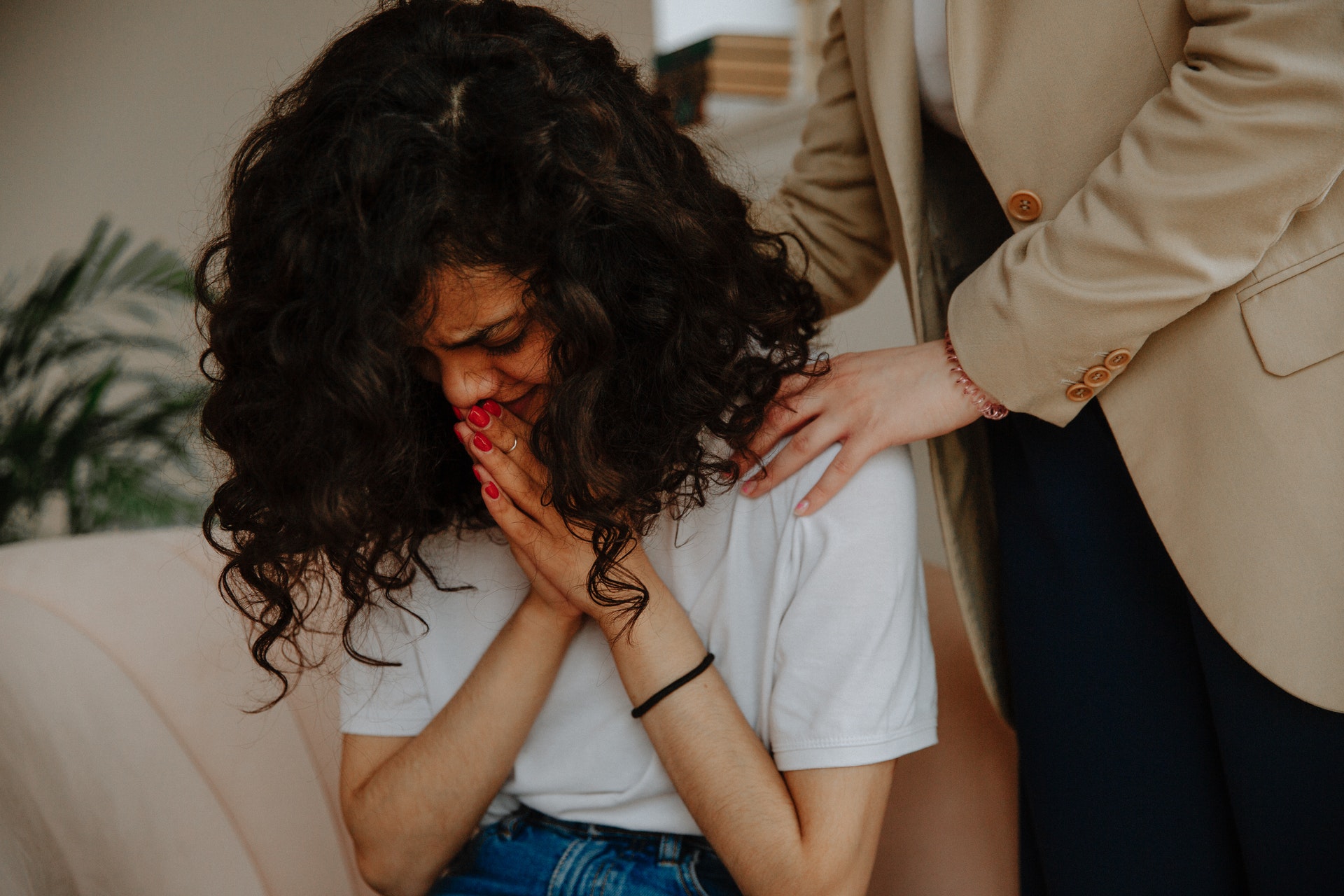
Grief and Loss
“Deep grief sometimes is almost like a specific location, a coordinate on a map of time. When you are standing in that forest of sorrow, you cannot imagine that you could ever find your way to a better place. But if someone can assure you that they themselves have stood in that same place, and now have moved on, sometimes this will bring hope” — Elizabeth Gilbert
Grief is a natural response to loss. It’s the emotional suffering you feel when something or someone you love is taken away. Often, the pain of loss can feel overwhelming. You may experience all kinds of difficult and unexpected emotions, from shock or anger to disbelief, guilt, and profound sadness. The pain of grief can also disrupt your physical health, making it difficult to sleep, eat, or even think straight. These are normal reactions to loss—and the more significant the loss, the more intense your grief will be.
Coping with the loss of someone or something you love is one of life’s biggest challenges. You may associate grieving with the death of a loved one—which is often the cause of the most intense type of grief—but any loss can cause grief, including:
- Divorce or relationship breakup
- Loss of health
- Losing a job
- Loss of financial stability
- A miscarriage
- Retirement
- Death of a pet
- Loss of a cherished dream
- A loved one’s serious illness
- Loss of a friendship
- Loss of safety after a trauma
- Selling the family home
Even subtle losses in life can trigger a sense of grief. For example, you might grieve after moving away from home, graduating from college, or changing jobs.
Whatever your loss, it’s personal to you, so don’t feel ashamed about how you feel, or believe that it’s somehow only appropriate to grieve for certain things. If the person, animal, relationship, or situation was significant to you, it’s normal to grieve the loss you’re experiencing. Whatever the cause of your grief, though, there are healthy ways to cope with the pain that, in time, can ease your sadness and help you come to terms with your loss, find new meaning, and eventually move on with your life.
The grieving process:
Grieving is a highly individual experience; there’s no right or wrong way to grieve. How you grieve depends on many factors, including your personality and coping style, your life experience, your faith, and how significant the loss was to you.
Inevitably, the grieving process takes time. Healing happens gradually; it can’t be forced or hurried—and there is no “normal” timetable for grieving. Some people start to feel better in weeks or months. For others, the grieving process is measured in years. Whatever your grief experience, it’s important to be patient with yourself and allow the process to naturally unfold.
Recognizing you should seek grief counseling
Most people who’ve lost a loved one will benefit from talking with a qualified grief counselor, but if you’re experiencing severe emotional distress, grief counseling could be imperative. How can you tell if you need professional support? Here are 13 signs that indicate you should seek grief counseling:
- You’re having suicidal thoughts and/or persistent feelings of depression.
- You’re experiencing ongoing symptoms of distress, such as crying, insomnia, loss of appetite, increased irritability and anger, or panic attacks.
- You’re struggling to complete everyday tasks, including basic self-care.
- You can’t believe that your loved one is really dead.
- You frequent familiar places, hoping to see your departed loved one there, or avoid locations and situations that may remind you of your loss.
- You’re abusing substances, like alcohol or drugs, or engaging in addictive behaviors, like gambling.
- You’re worried about yourself, and/or others have expressed concern for your well-being.
- You’re withdrawn and avoiding social interaction.
- You don’t have family or friends to support you, or the people in your life can’t sustain the support you need over the course of a lengthy grieving process.
- You’re suffering from unexplained illnesses.
- You’ve experienced multiple losses in a short period of time.
- You’re feeling bereavement guilt, possibly blaming yourself for your loved one’s death or grappling with regret about your relationship with the deceased.
- You’re plagued with intrusive thoughts, such as reliving the circumstances of your loved one’s death.
The difference between grief and depression
Distinguishing between grief and clinical depression isn’t always easy as they share many symptoms, but there are ways to tell the difference. Remember, grief can be a roller coaster. It involves a wide variety of emotions and a mix of good and bad days. Even when you’re in the middle of the grieving process, you will still have moments of pleasure or happiness. With depression, on the other hand, the feelings of emptiness and despair are constant. Reach out to a trained mental health professional if symptoms become too overwhelming and you need support.

Mental Health

Mind-Body Connection

Maternal Mental Health
Office & Telehealth Locations:
Pasadena CA 91105
Monrovia CA 91016
stacey@staceyinal.com
© 2023 by Stacey Inal, CA LMFT #120626 Los Angeles, California.

